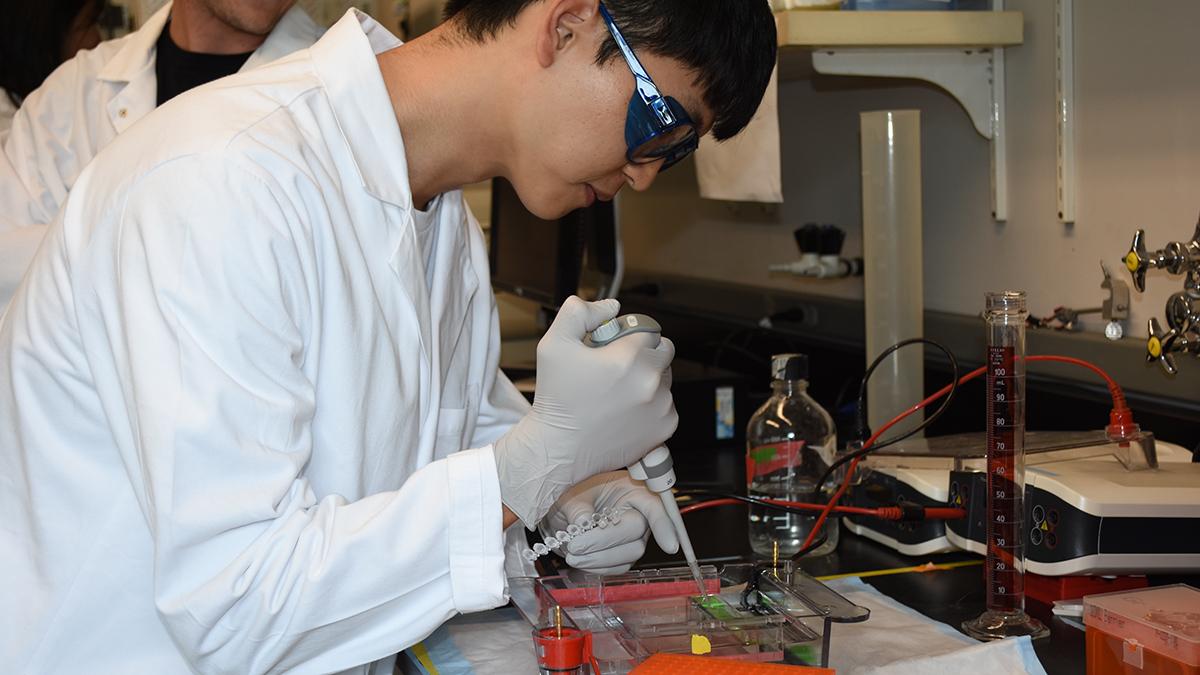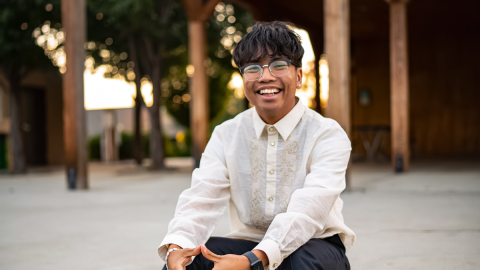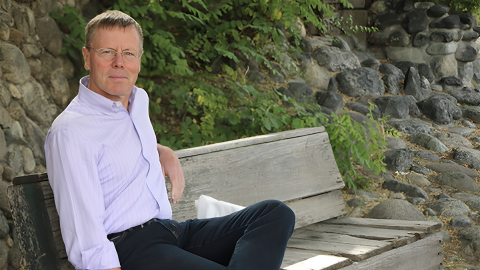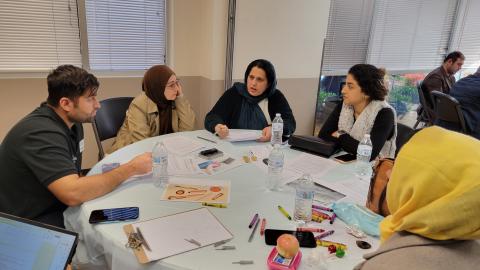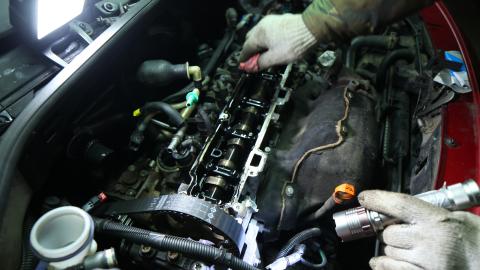Joe Lim, PhD student in the UW Department of Environmental & Occupational Health Sciences (DEOHS), is one of two recipients of this year’s Russell L. Castner Endowed Student Research Fund, which supports student research in environmental health. We recently spoke with Lim about his plans to launch a series of public health cafés for department members to share environmental health research with the public, his thesis research and what drew him to study environmental toxicology.
How did you decide to do a PhD in environmental toxicology?
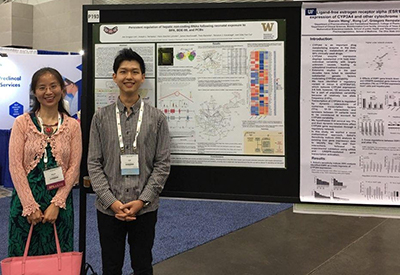
In college at UW, I majored in evolutionary biology and ecology. I was very interested in how individual communities interact with one another, and how, depending on how those interactions change, this can have a impact on global interactions.
But more and more I became interested in how changes in the environment, such as chemicals we use and other factors, can impact our health. I am especially fascinated by how and why things work the way they do in environmental health, the mechanisms.
During my senior year, I took a class on the microbiome and environmental health taught by my current advisor, DEOHS Associate Professor Julia Yue Cui. At the time, I was doing a project analyzing omics data in another lab, and I knew that she did something related. I was stuck, so I asked if she had any suggestions.
She had a one-hour meeting with me, and she shared a data set she was working on, which eventually became part of my master’s thesis project. I joined her lab in 2018 as an MS student in environmental toxicology, and now I’m continuing as a PhD student.
Congratulations on your Castner Award. What will you use the funds for?
First, I’d like to create a platform, like a public health café, for members of our department to share scientific results with members of the public who are interested in environmental health. Anyone could join, so the key is to explain our work in a very general format.
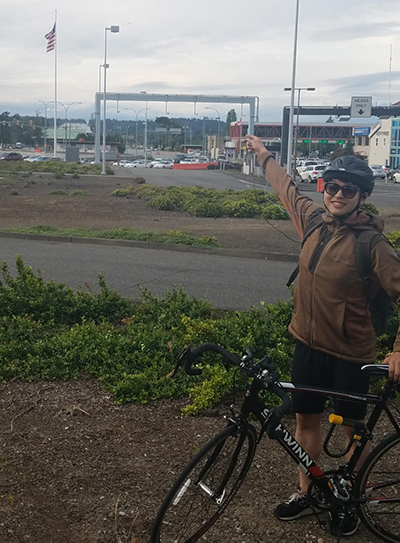
Second, I thought it could be very beneficial for students in our department to have a session to teach each other specific aspects of environmental health, like experimental design, analysis methods or statistics.
My plans for the fund are to establish these two forums: a platform to share findings and results with a general audience, and a workshop to share results and teach each other. I'm getting a lot help with planning from community engagement managers Lisa Hayward Watts and BJ Cummings in DEOHS’s Interdisciplinary Center for Exposures, Diseases, Genomics and Environment. I also have support from faculty members including Cui and Professor Elaine Faustman.
Tell me about your thesis research.
For my master's, I looked at how environmental exposures early in life, when cells are more plastic, can have a long-term impact as organisms grow up. Now we have evidence that changes in adulthood in the liver may be due to various changes in the abundance of certain microbiota and their metabolites.
For my PhD, I’m expanding on this finding from a few different angles, including how the cell types in the liver and their interactions change when this happens.
I’m studying the effect of exposure to a class of flame retardants, persistent organic pollutants called polybrominated diphenyl ethers. We are doing studies in mice with BDE-99, which is enriched in human breast milk.
It’s been super nice to work with my advisor, Julia Cui. If I bring idea to her, she usually says something like, “Oh, that's a good idea. How are you going to implement that?” Thinking about future projects is really enjoyable with her. And whenever I'm stuck doing something, she tries really hard to find solutions together.
Funding: Castner Award.
